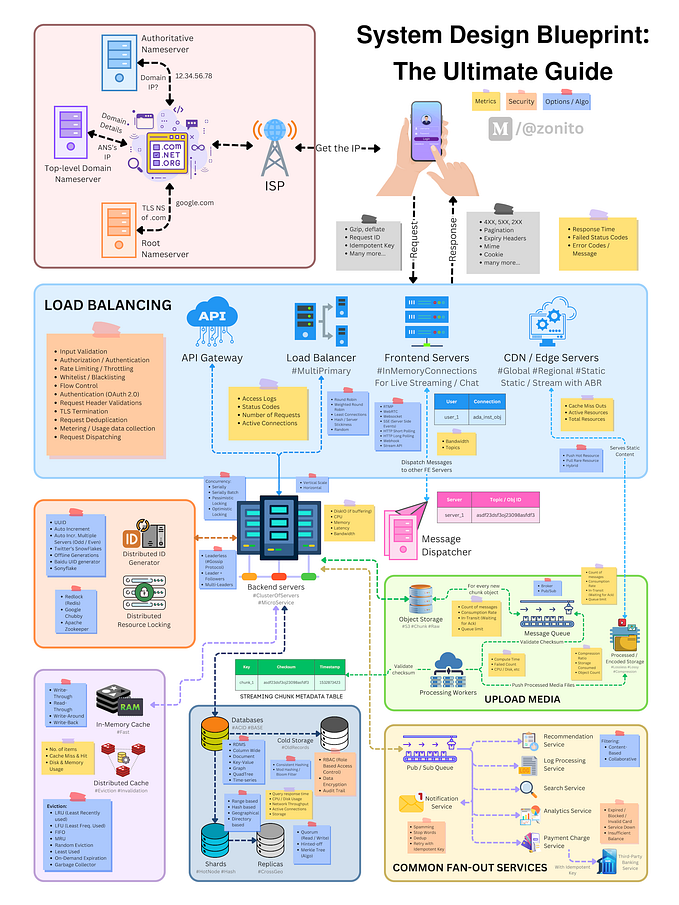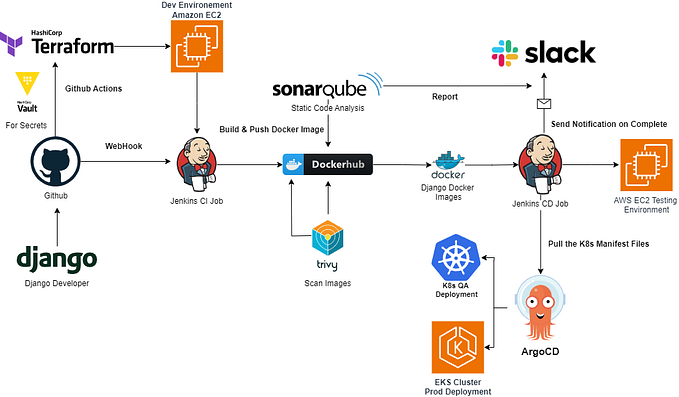SLA, SLO, and SLI: How important are they?

Some terms related to system design — especially in business and site reliability might not sound so important but there is no harm in learning new concepts and expanding your horizon. They help a company to monitor the agreements between a service and its users. When SLA, SLO, and SLI are brought together, users are to have more trust in the service providers while the latter works on the improvement of management and response processes in the system.
SLA
SLA stands for Service Level Agreement and as the name might have already suggested, is an agreement between the service providers and the users. This agreement includes the assurances made by the company regarding a few things like service availability and so on. To note, it also includes SLO in it which we will discuss next. The Service Level Agreement (SLA) is prepared by the legal department of the business or the system.
SLO
Moving on, SLO stands for Service Level Objective and embeds inside the SLA as an affirmation by the service provider for specific metrics like incident response or uptime. Since the SLA is a full user agreement, we can think of SLO as a sub-agreement whose target should be completed so that it can adhere to SLA. However, there are still some requirements that need to be looked at while drafting an SLO like simplicity, clarity, easily defined, etc. They help us know if the objective is being fulfilled.
SLI
Finally, we have SLI which stands for Service Level Indicator. It is a key metric that tells us if the SLO has been met. It acknowledges us of the metric defined within the SLO. If SLI is to have a synced agreement with SLA, its value should either meet or exceed the value determined by the SLO.
I hope this article was helpful to you.
Please don’t forget to applaud this article and follow me!!!
Any kind of feedback or comment is welcome!!!
You can also subscribe to my stories via email so that you’ll get notified whenever I bring out an article on a new subject.
Thank you for your time and support!!!!
Keep Reading!! Keep Learning!!!









